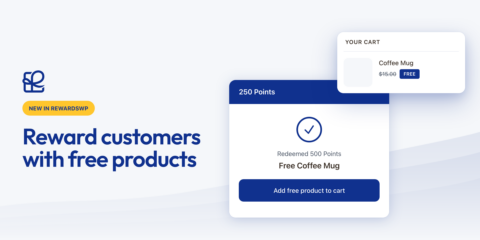
Reward Your Customers with Free Products, Not Just Coupons
Not every reward needs to be a discount. Now you can offer any product from your store as a loyalty or referral reward - customers claim it, add to cart, and it's free.
Continue Reading →
Not every reward needs to be a discount. Now you can offer any product from your store as a loyalty or referral reward - customers claim it, add to cart, and it's free.
Continue Reading →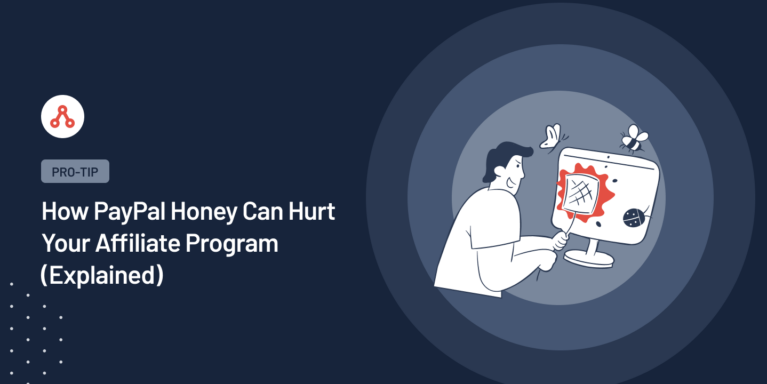
PayPal’s Honey can hurt your affiliate program.
Honey, a popular browser extension that applies coupon codes for shoppers, has been accused of replacing affiliate links with its own. This means businesses lose revenue, and genuine affiliates don’t get the commissions they deserve.
In this post, we’ll cover everything you need to know about the Honey scam, how it impacts your affiliate program, and what you can do to protect your business.
Read on to find out why you should think twice before partnering with Honey.
Honey, owned by PayPal, became famous as a browser extension that helps users save money by finding coupon codes and cashback offers at checkout.
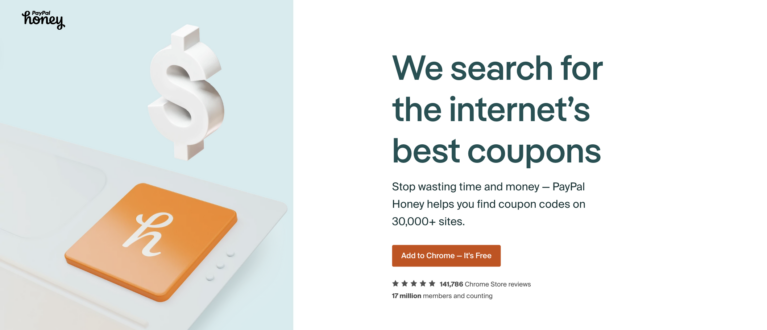
On the surface, it seems like a win-win for everyone. Shoppers save money, and merchants reduce abandoned carts.
But according to a detailed investigation by YouTuber MegaLag, Honey may be costing businesses, influencers, and even consumers much more than they think.

The issue lies in how Honey operates during the final step of online transactions.

When users click on Honey’s prompts, like “Activate Rewards” or “Buy with PayPal” (like the above image) it allegedly replaces existing affiliate links with its own.
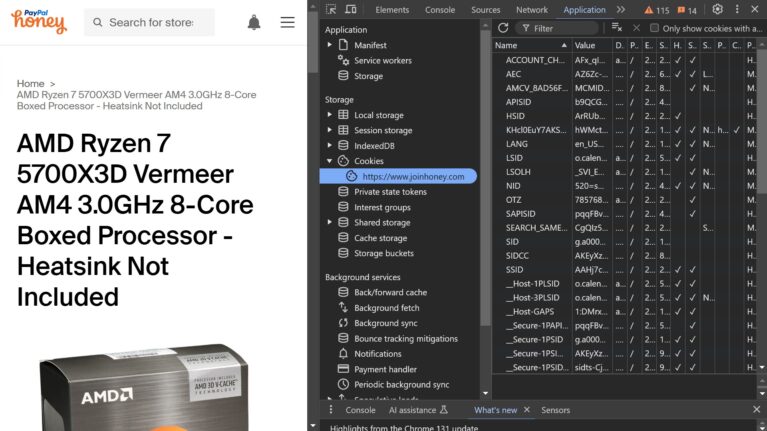
This sneaky move ensures Honey gets the commission that should go to the original affiliate, such as a content creator or influencer who drove the sale. In some cases, no discount is even provided, but Honey still secures the payout.
A screenshot from “Exposing the Honey Influencer Scam” shows how Honey changed the affiliate link to its own.
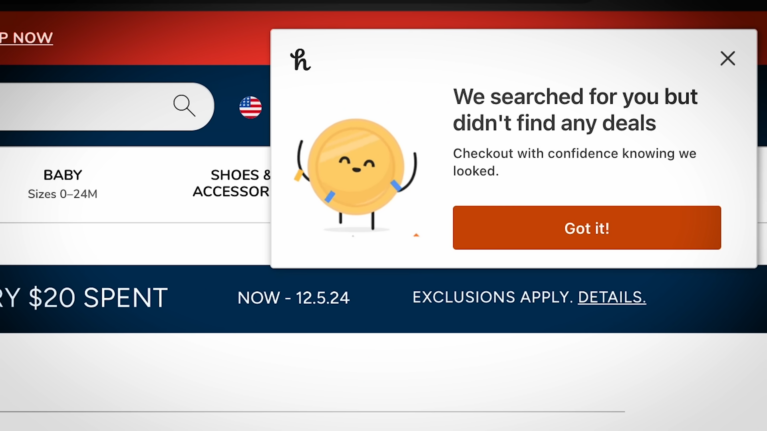
MegaLag’s investigation, which went viral, calls Honey’s methods deceptive because:
Now, some of you might wonder, “Even if Honey didn’t directly help generate the sale, it’s still part of the process, so why is paying commissions to it wrong?” Allow me to explain.
Here’s how Honey’s practices can harm your affiliate program and affect your business:
Affiliate programs are meant to reward those who actively promote your business and drive sales.
Influencers, bloggers, or affiliates work hard to bring customers to your store. Honey, however, inserts itself at the last step (checkout) and replaces their affiliate links with its own.
For example, an influencer might direct a customer to your site through their unique link. But when the customer activates Honey at checkout, the commission is credited to Honey instead of the influencer.
This means Honey gets rewarded for someone else’s work, which is unfair to genuine affiliates and undermines the purpose of your program.
Honey doesn’t help create demand or drive customers to your business. Instead, it waits until the customer is already ready to buy and steps in to take credit.
Compare this to an influencer who spends hours creating content, writing reviews, or making videos to promote your product. Honey doesn’t do any of this. It simply pops up at the checkout page, making it seem like it played a critical role in the sale when it didn’t.
Rewarding Honey for being a passive participant can devalue the efforts of affiliates who truly drive sales.
When Honey hijacks affiliate commissions, it artificially increases your Customer Acquisition Cost (CAC). You might end up paying Honey a fee for sales it didn’t generate, inflating marketing costs without any added benefit.
Over time, this can significantly cut into your profit margins, especially if your product has a low profit per unit.
Additionally, this misallocation of funds makes it harder to track which affiliates are genuinely driving sales, leading to poor decision-making in future campaigns.
Affiliates invest time and resources to promote your business because they trust your program to reward them fairly.
When Honey replaces their links, affiliates don’t get the commissions they deserve.
This can lead to frustration and distrust, especially for top-performing affiliates who notice revenue drops.
If they lose confidence in your program, they might stop promoting your business altogether, costing you valuable partnerships.
If tools like PayPal Honey are affecting your affiliate program, you’re not powerless.
Here are actionable steps you can take to safeguard your program, protect your affiliates, and maintain control over your revenue.
Fraudulent activities, like self-referrals or manipulated conversion rates, can disrupt your program.
AffiliateWP’s Fraud Prevention addon lets you block or flag suspicious activities, such as affiliates using their links or non-registered referring sites.
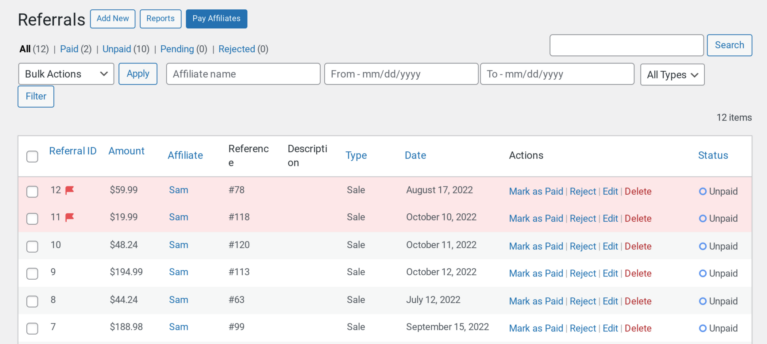
For instance, the Referring Sites feature allows you to verify if traffic and referrals are coming from the affiliate’s registered URL. If not, these visits and referrals can be flagged or rejected outright.

Additionally, the Conversion Rate feature lets you set acceptable conversion rate ranges for affiliates.
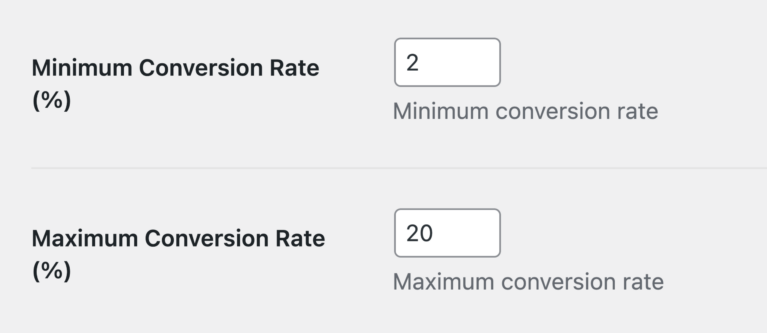
Affiliates whose referral-to-visit ratios fall outside the specified range can be flagged for review, helping you identify unnatural patterns that could indicate misuse of your program.
Learn how to setup fraud prevention for your WordPress affiliate program.
Many affiliates are unaware of how Honey can replace their links and steal commissions.
Communicate openly with your affiliates, explaining how extensions like Honey operate and affect their earnings. Encourage them to educate their audiences to use direct affiliate links instead of relying on browser extensions.
Example: Affiliates can remind their followers: “Support me by using my link directly, not through browser tools like Honey, to ensure I get credit for my recommendations.”
Honey’s ability to replace affiliate links is one of its most damaging features.
To counter this, offer your affiliates exclusive discount codes tied directly to them. These codes are not only harder for Honey to replicate but also provide added value to customers.
For example, you can give an influencer a code like “SAVE20WITHME” that provides a discount only when used at checkout. Customers feel rewarded, and the affiliate is credited appropriately, bypassing Honey’s interference.
Pair this with AffiliateWP’s Affiliate Coupon Tracking feature to ensure that these codes are tracked accurately and attributed to the right affiliate.
The integrity of your affiliate program depends on the trust and satisfaction of your affiliates.
By offering timely payouts, transparent reporting, and strong communication, you can build loyalty among your affiliates and encourage them to continue promoting your business.
AffiliateWP provides detailed affiliate performance reports that allow you to share transparent insights with your affiliates. Show them how their efforts directly drive sales and ensure they feel valued for their contributions.
Affiliates who trust your program are less likely to abandon it, even if tools like Honey complicate their work.
Regular audits are essential for maintaining the health of your affiliate program. Use AffiliateWP’s built-in reporting tools to review referral patterns, identify discrepancies, and ensure commissions are going to the right affiliates.
Look for any signs of interference, such as an unusually high number of referrals from extensions or tools like Honey.
Frequent monitoring helps you stay ahead of potential issues and ensures that your program remains fair and effective for all participants.
Honey inserts itself at the checkout stage and replaces original affiliate links with its own, taking credit for sales it didn’t drive. This means commissions intended for affiliates, such as influencers or bloggers, are paid to Honey instead. Over time, this can erode trust with affiliates and inflate your Customer Acquisition Cost (CAC).
Using AffiliateWP’s Fraud Prevention addon can help detect and prevent suspicious activities. Features like Referring Sites ensure that referrals only come from approved affiliate sources, blocking unknown entities like Honey from claiming credit for sales.
Yes, you can use AffiliateWP’s coupons to create exclusive discount codes for your affiliates. These codes are directly tied to their accounts, ensuring that commissions are attributed correctly. Moreover, we would recommend not partnering with Honey.
Blocking Honey’s scripts is an option, but it may frustrate customers who rely on the extension.
PayPal Honey’s practices can harm your affiliate program by taking credit for sales it doesn’t drive and undermining genuine affiliate efforts.
Instead of partnering with Honey, focus on building a transparent and fair program that rewards your affiliates directly.
For more tips and insights, follow us on Twitter and Facebook.
Disclosure: Our content is reader-supported. This means if you click on some of our links, then we may earn a commission. We only recommend products that we believe will add value to our readers.
Launch your affiliate program today and unlock a new revenue channel to grow your business faster.
We use cookies to improve your experience on our site. By using our site, you consent to cookies.
Manage your cookie preferences below:
Essential cookies enable basic functions and are necessary for the proper function of the website.
Statistics cookies collect information anonymously. This information helps us understand how visitors use our website.
Marketing cookies are used to follow visitors to websites. The intention is to show ads that are relevant and engaging to the individual user.
WOW! This is a deceptive practice! I always thought programs like Honey must be getting a referral fee, but naively, I thought it was a different commission being paid to them if one already existed.
I think this should be illegal, as it is described. I understand they are providing value in some cases, but they should NOT get the full commission.
As someone running an affiliate program, I can look to see who I am paying, and if I do not recognize them, I guess I can NOT pay them (we generally know all our affiliates and it is not open for anyone to participate). The downside is that I am not reading/paying the right affiliate, and they lose out.
Sigh.